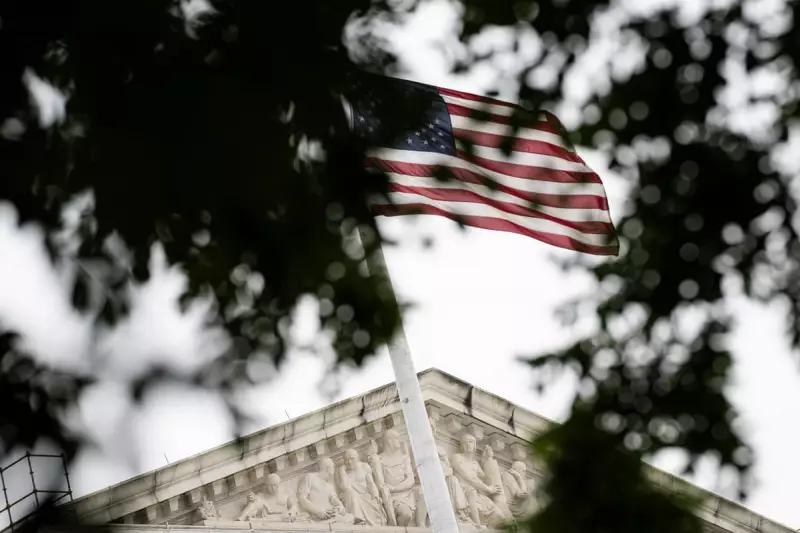
The United States Supreme Court opens its new term this week, poised to deliver rulings on some of the most contentious issues facing American society. This judicial session promises to be one of the most consequential in recent memory, with the conservative-majority court set to rule on matters ranging from presidential power to reproductive rights.
The Battle Over Presidential Immunity
At the forefront stands United States v. Trump, a case that could redefine the boundaries of presidential power. The court must determine whether former presidents enjoy immunity from criminal prosecution for actions taken while in office. This landmark decision could have immediate implications for the multiple criminal cases facing former President Donald Trump, potentially setting a precedent that would affect the presidency for generations to come.
Abortion Access Returns to the Bench
Following its seismic decision to overturn Roe v. Wade, the court now faces Idaho v. United States, which challenges whether federal law requiring emergency medical treatment can override state abortion bans. This case represents the next frontier in the post-Roe legal landscape and could determine whether states can prohibit abortions even in medical emergencies where a pregnant person's health is at serious risk.
Environmental Regulations Under Threat
In Ohio v. Environmental Protection Agency, the court will consider challenges to the EPA's 'good neighbour' rule, designed to reduce cross-state air pollution. Environmental advocates warn that a ruling against the agency could severely hamper the federal government's ability to address climate change and enforce environmental protections nationwide.
The Future of Agency Power
The court is also expected to overturn or significantly weaken the 40-year-old Chevron doctrine, a legal principle that has traditionally given federal agencies deference in interpreting ambiguous laws. This potential shift could transfer substantial power from executive agencies to the judiciary, fundamentally changing how environmental, workplace, and consumer protection regulations are implemented and challenged.
First Amendment and Social Media
Two significant cases examine the intersection of free speech and digital platforms. The court will rule on laws from Florida and Texas that restrict social media companies' ability to moderate content, decisions that could reshape how online speech is regulated and who controls the digital public square.
With these and other pivotal cases on the docket, the Supreme Court's upcoming term promises to leave an indelible mark on American law and society, with rulings expected to cascade through the political system as the nation moves toward another presidential election.





